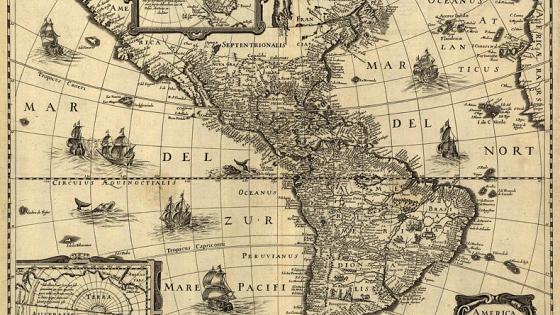Colonialism has played a significant role in shaping the global economic systems that exist today. The impact of colonialism on the economic structures, trade patterns, and wealth distribution across different regions of the world has been profound and enduring. To fully understand the current economic landscape, it is essential to explore the historical legacies of colonialism and their ongoing repercussions.
Impact on Economic Structures
Colonialism altered the economic structures of the territories it colonized. The imposition of colonial rule often led to the exploitation of natural resources and the establishment of extractive economic systems that prioritized the interests of the colonizing powers. In many cases, indigenous economic activities were suppressed or dismantled to serve the economic needs of the colonizers, leading to long-term distortions in the economic development of these regions.
Trade Patterns and Dependency
Colonialism also influenced trade patterns on a global scale. The colonizing nations established trade routes that primarily served their own economic interests, often leading to the extraction of raw materials from the colonies to be processed and manufactured in the colonizing countries. This unequal trade relationship created dependencies and hindered the development of local industries in the colonized territories, perpetuating a cycle of economic reliance on the colonizers.
Wealth Distribution
The legacy of colonialism has contributed to persistent disparities in wealth distribution between former colonizing powers and their former colonies. The economic wealth that was extracted from the colonies during the colonial era contributed to the accumulation of capital and economic power in the colonizing nations, while leaving many colonized regions in a state of underdevelopment and economic disadvantage. As a result, global economic inequality continues to be shaped by the historical dynamics of colonial exploitation.
Continued Effects on Global Economic Systems
Despite the formal end of colonial rule in many parts of the world, the repercussions of colonialism continue to influence global economic systems. The patterns of economic dependency, unequal trade relationships, and persistent wealth disparities can be traced back to the historical legacy of colonialism. These dynamics have contributed to shaping the contemporary economic order, reinforcing imbalances in global economic power structures.
-(1).png)
Credit: www.geeksforgeeks.org
Addressing the Legacy of Colonialism
In order to address the enduring impact of colonialism on global economic systems, it is essential to acknowledge and confront the historical injustices that arose from colonial exploitation. This includes recognizing the need for equitable trade relationships, fair labor practices, and policies that promote economic development in former colonies. Additionally, measures to address wealth disparities and promote inclusive economic growth are vital in mitigating the ongoing effects of colonialism.
Frequently Asked Questions For Discuss The Role Of Colonialism In Shaping Global Economic Systems.
What Is The Role Of Colonialism In Shaping Global Economic Systems?
Colonialism played a significant role in shaping global economic systems by exploiting resources and establishing trade networks.
How Did Colonialism Impact Global Trade?
Colonialism had a profound impact on global trade by establishing monopolies, controlling markets, and reorienting trade patterns to benefit the colonial powers.
What Were The Economic Consequences Of Colonialism?
The economic consequences of colonialism include wealth extraction, unequal trade relationships, and the underdevelopment of colonized nations.
Did Colonialism Lead To The Formation Of Modern Capitalism?
Colonialism contributed to the emergence of modern capitalism by providing the necessary capital, resources, and labor for industrialization in the colonizing powers.
Conclusion
The role of colonialism in shaping global economic systems cannot be understated. The enduring effects of colonial exploitation continue to contribute to global economic inequalities and power imbalances. By understanding the historical legacies of colonialism and actively working towards addressing its repercussions, it is possible to foster more equitable and sustainable economic systems on a global scale.
Guest Author Sakhawat-Shuvo wrote and edited this Article based on his best knowledge and understanding. These opinions and remarks are not endorsed or guaranteed by epichistoria.com or EpicHistoria. The Epic Historia does not guarantee this article’s content. Readers should verify and use their judgment before trusting the content. Also, the Images used in this Article are the copyright of their Respective Owners. Please use our Comment Box or Contact Us form to report this content. This information is not accountable for losses, injuries, or damages.


